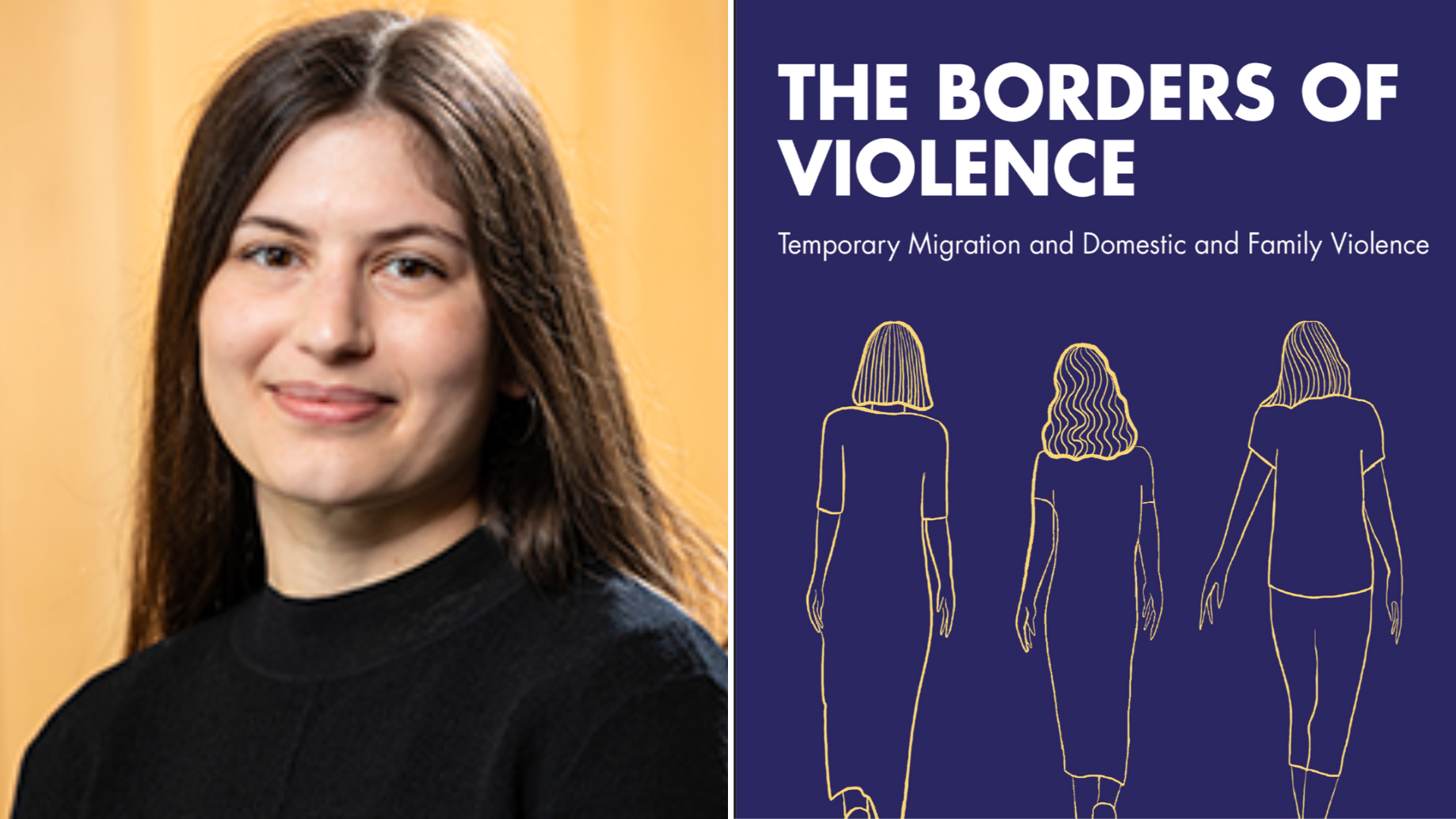By Ange Kenos
Dr Stefani Vasil, co-author of The Borders of Violence, brought attention to the pervasive issue of domestic and family violence in Australia at her book launch at the Queen Victoria Hospital’s Centre on Lonsdale St, Melbourne.
In her groundbreaking research, Dr Vasil, who is of Greek and Italian descent, explores how violence against women has been entrenched in societal structures, particularly by the failures of governments and migration systems to adequately address it.
Dr Vasil’s work challenges historical and philosophical ideas, such as the biblical narrative of Eve being created from Adam’s rib, which she argues has perpetuated the myth of male superiority. Her research underscores how such narratives continue to impact women’s safety and well-being today.
Drawing from her personal experience growing up in a loving home, Dr Vasil explains that not all women are as fortunate. Her university studies deepened her understanding of domestic violence, revealing that government inaction and flawed migration systems often exacerbate the issue.
With @stef_vasil I'm thrilled to announce the release of our book, The Borders of Violence: Temporary migration & family violence.
— Marie Segrave (@MSegrave) October 14, 2024
To download the open access version or to purchase the book go here👉 https://t.co/OQ7hb1vjrE
Please share widely! Launch event details to follow. pic.twitter.com/FmSzWuuGZY
In The Borders of Violence, co-written with Professor Marie Segrave, Dr Vasil argues that perpetrators of violence isolate women from families and safety, while government failure to enforce laws only prolongs the suffering.
“There is a need to reduce the burden on women and force government to accept their responsibility,” she asserts. Her research highlights how governments are often reluctant to confront the issue, preferring to deny its full extent.
Dr Vasil’s innovative work has already garnered acclaim, but she insists that real progress in addressing domestic violence will require men to take an active role, rather than placing the burden solely on women.
